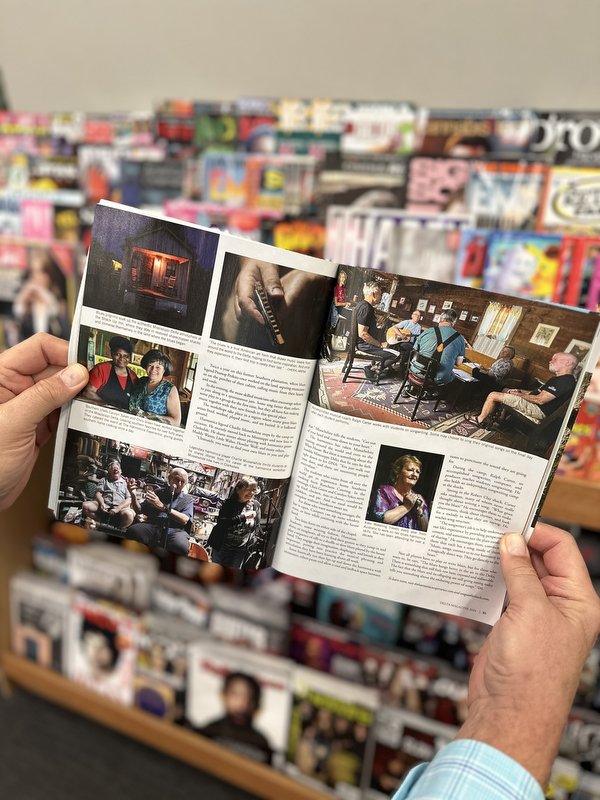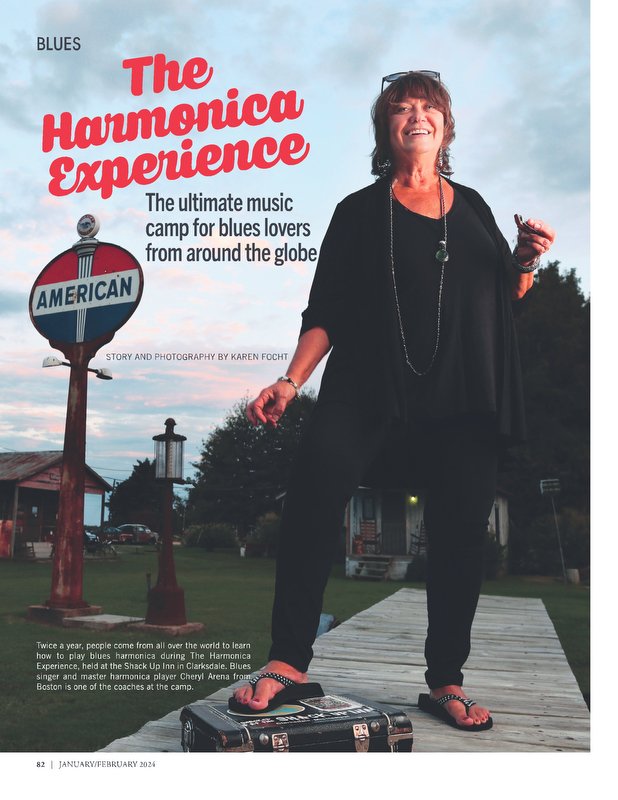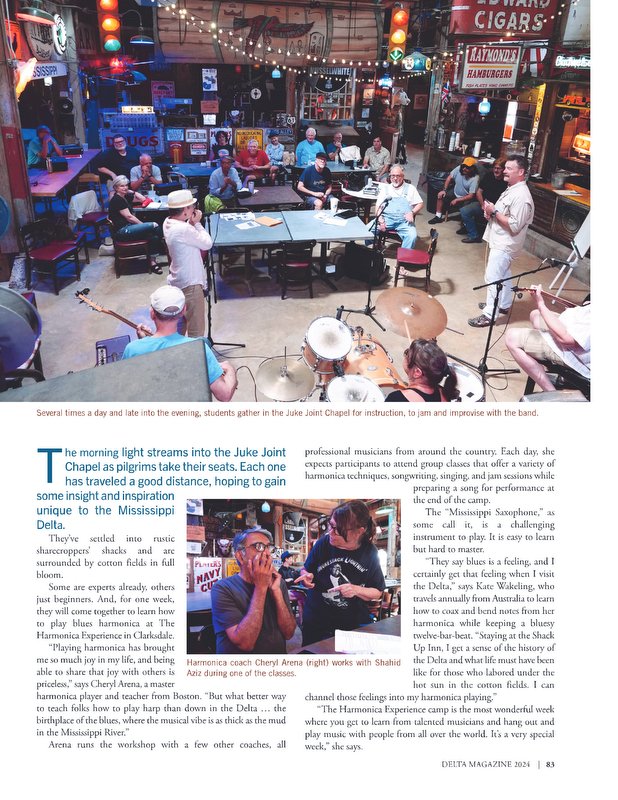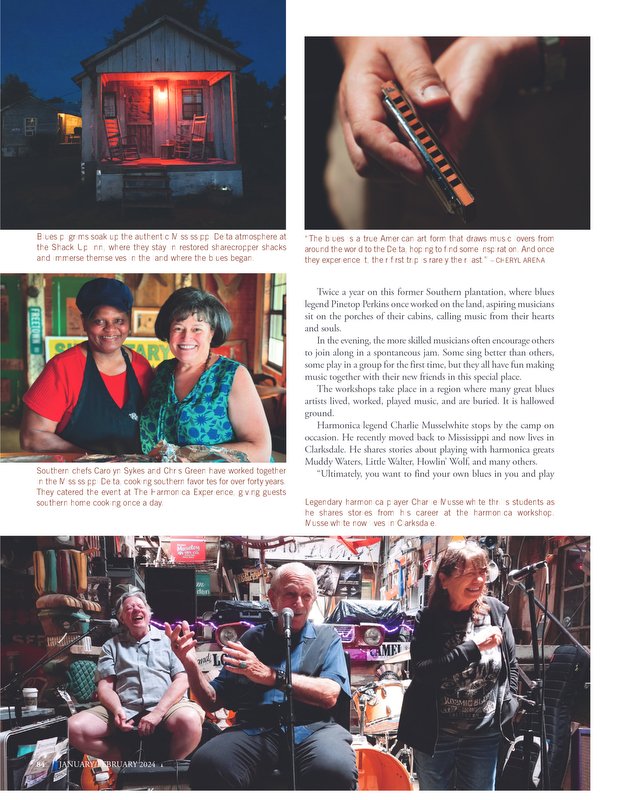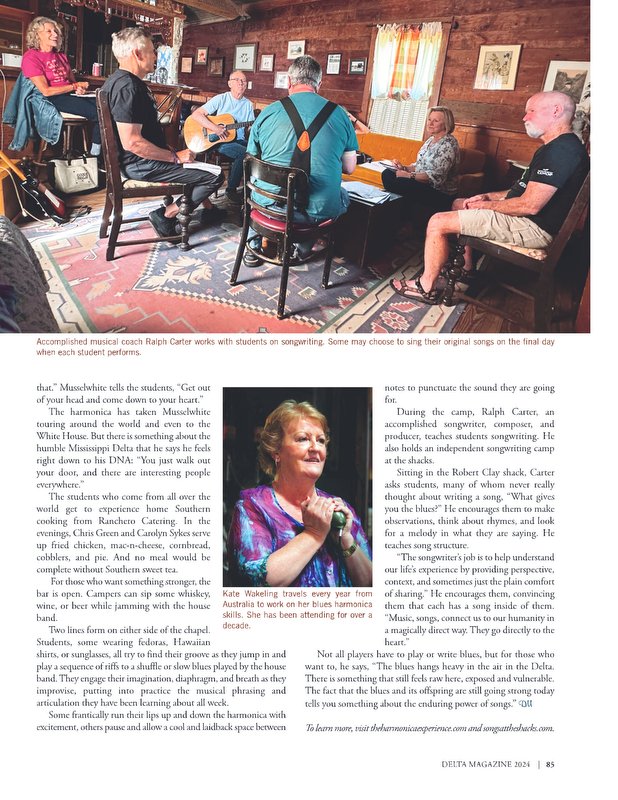Twice a year people come from around the world to learn blues harmonica from the masters, in the Mississippi Delta, where the blues began. I did a story for Delta Magazine about The Harmonica Experience.
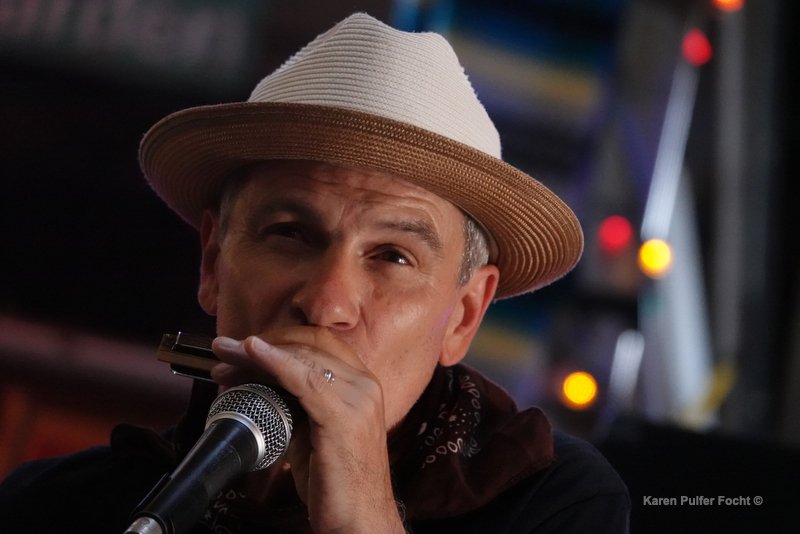
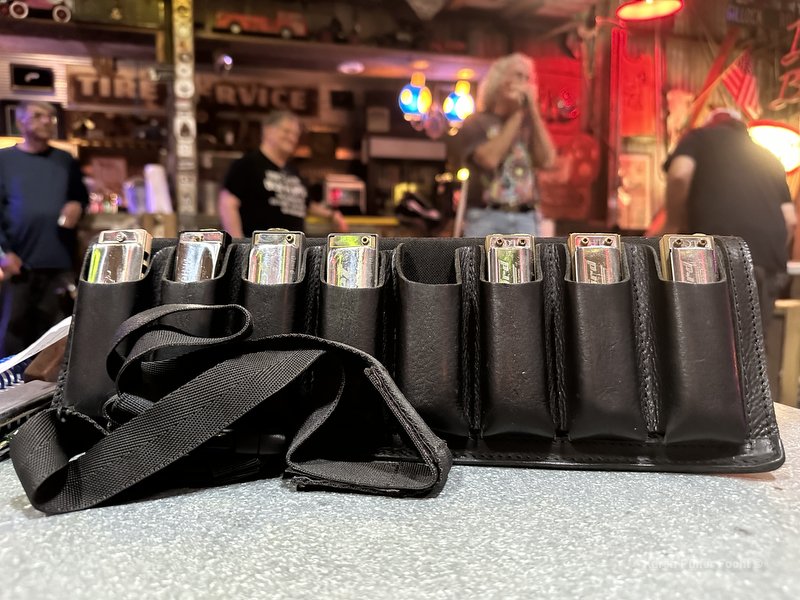
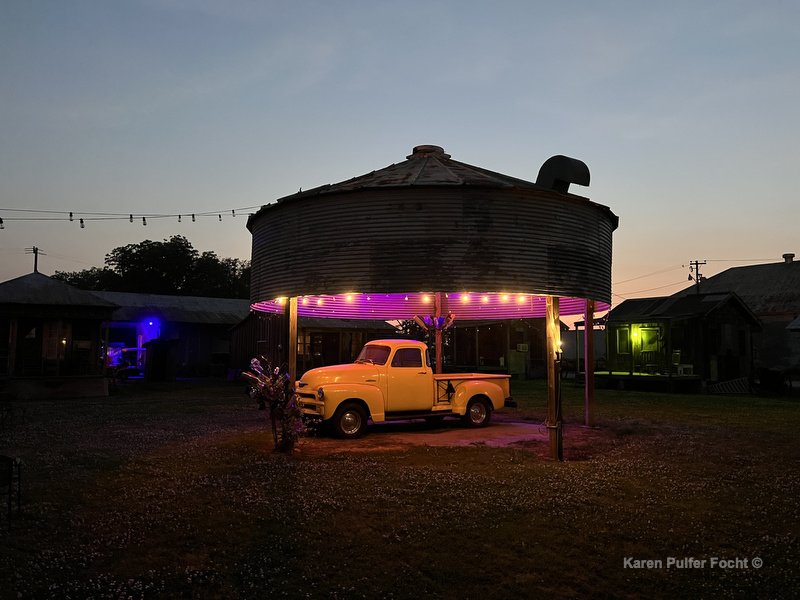
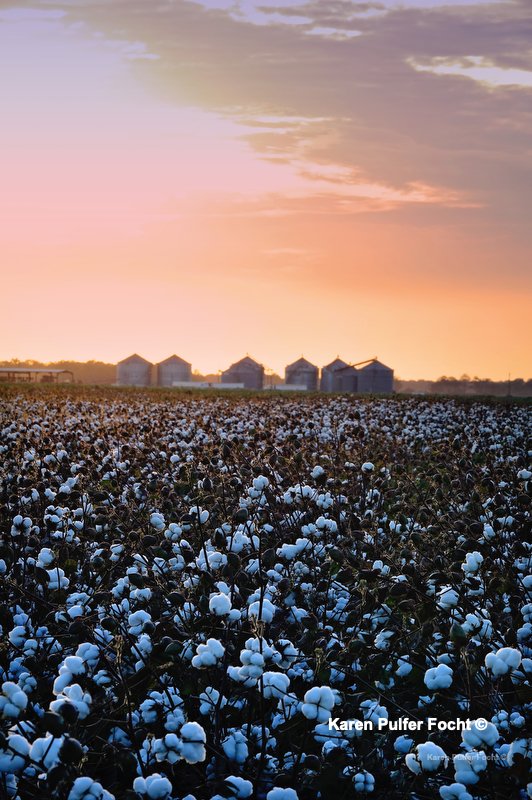
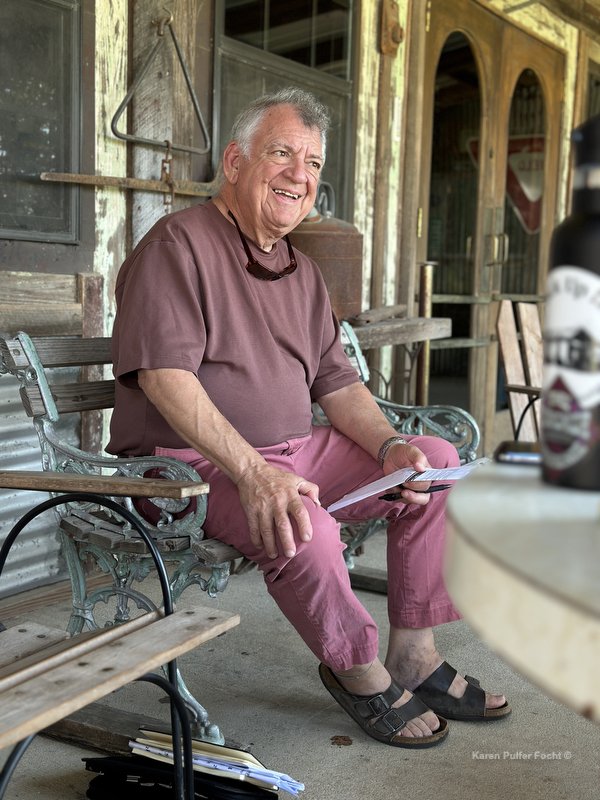
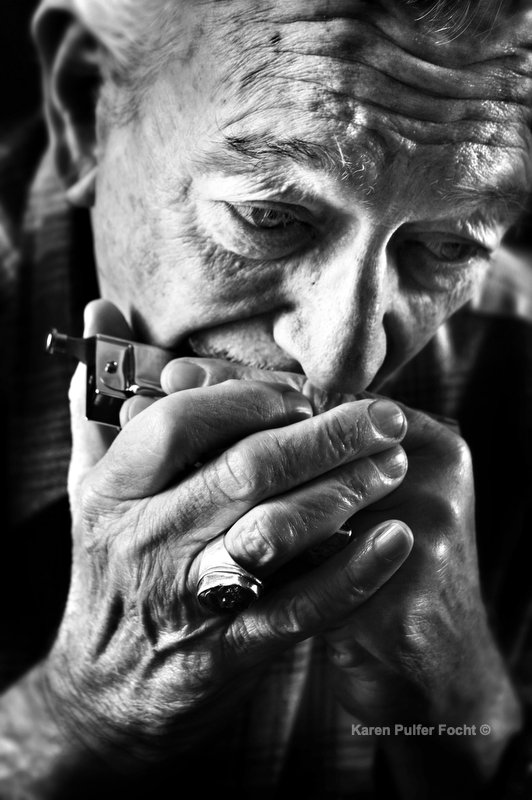
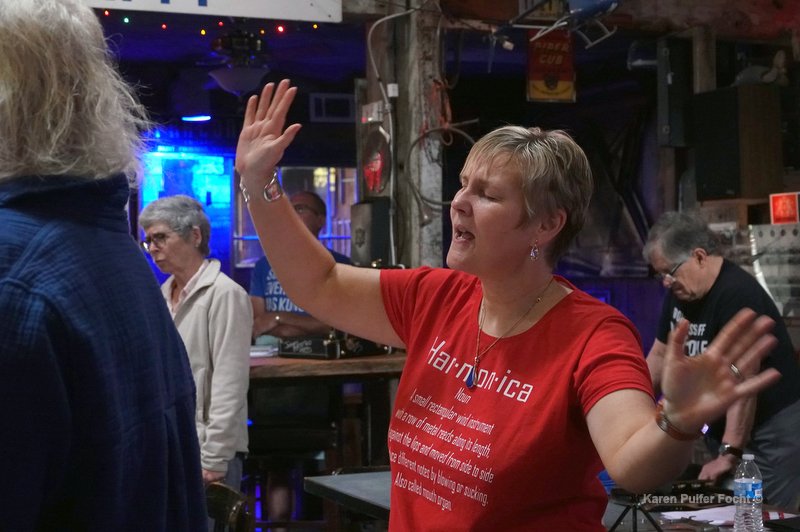
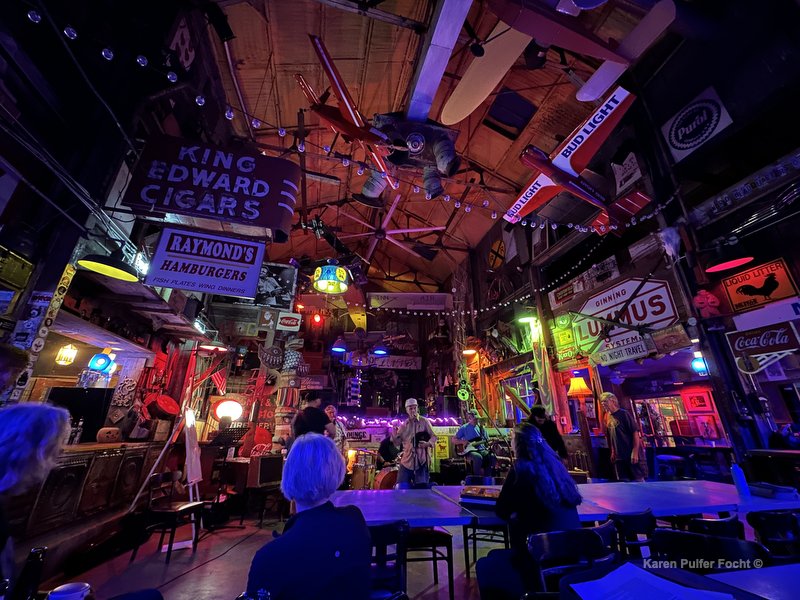
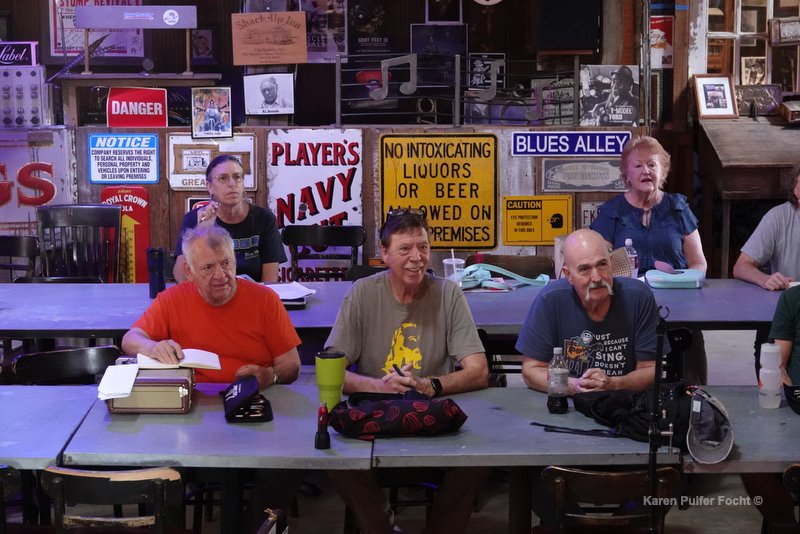
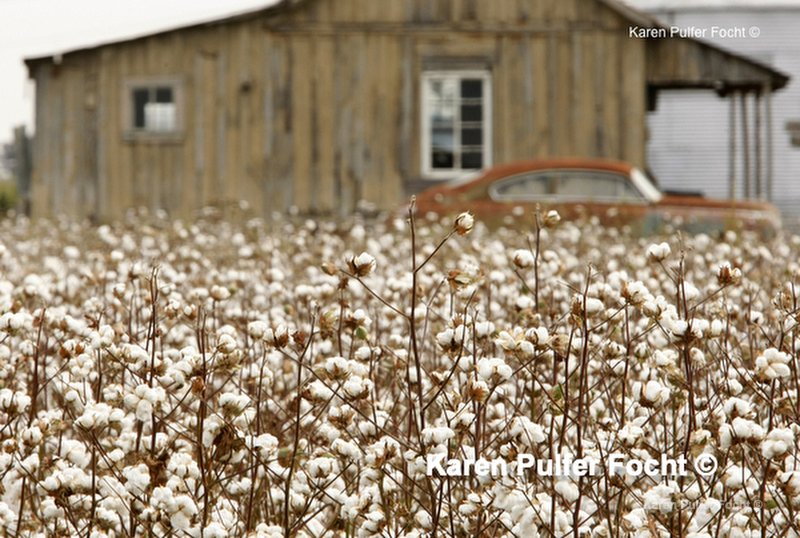
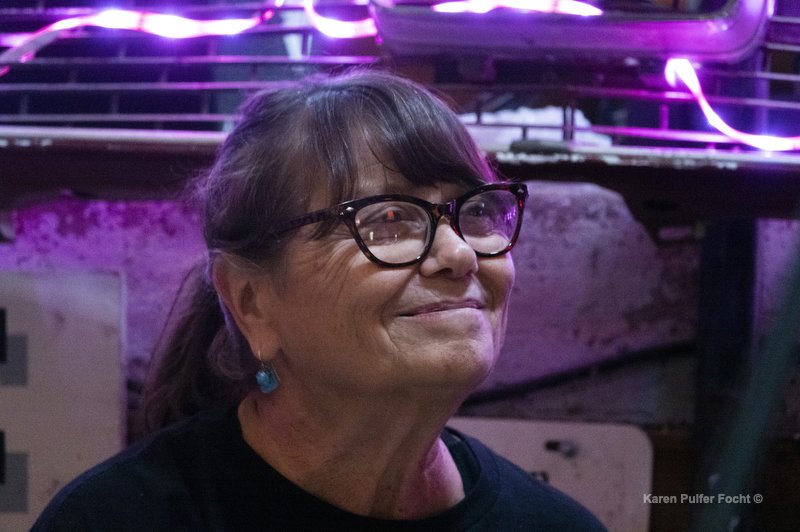
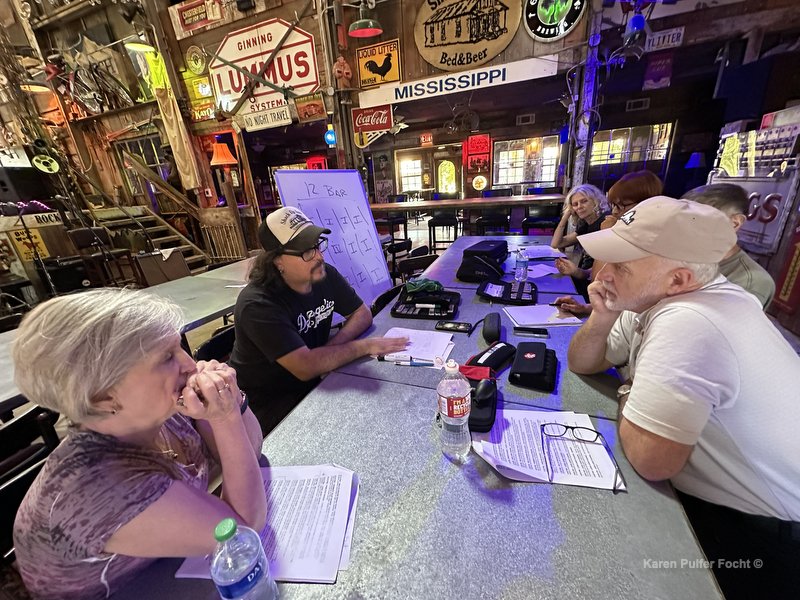
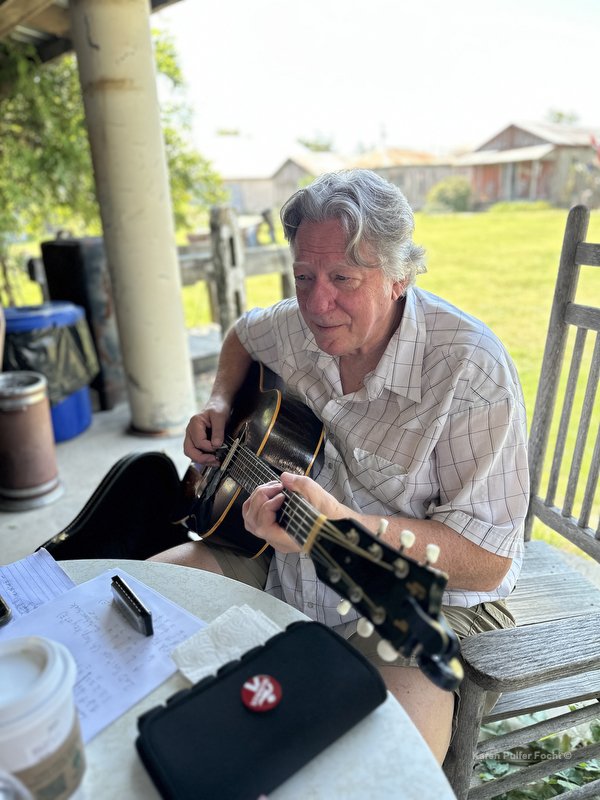
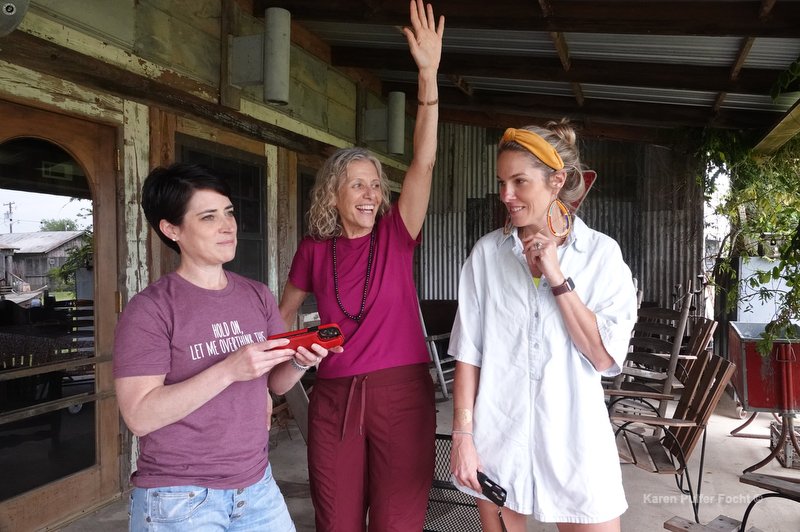
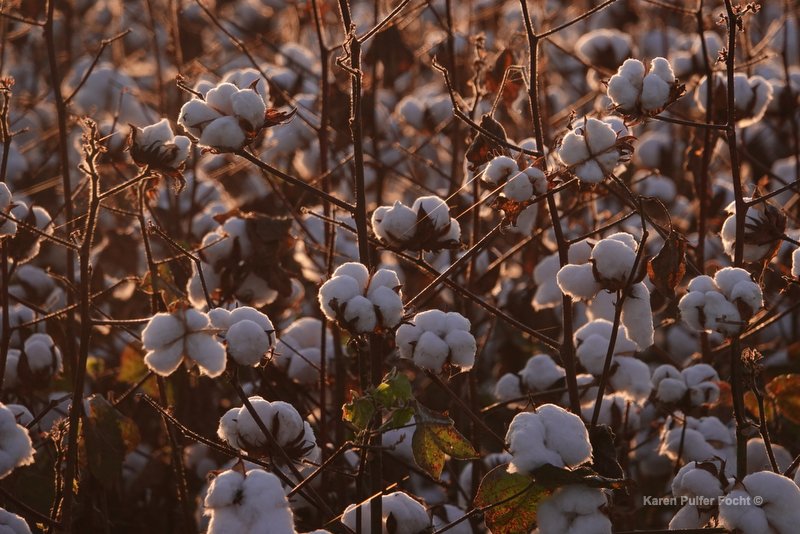
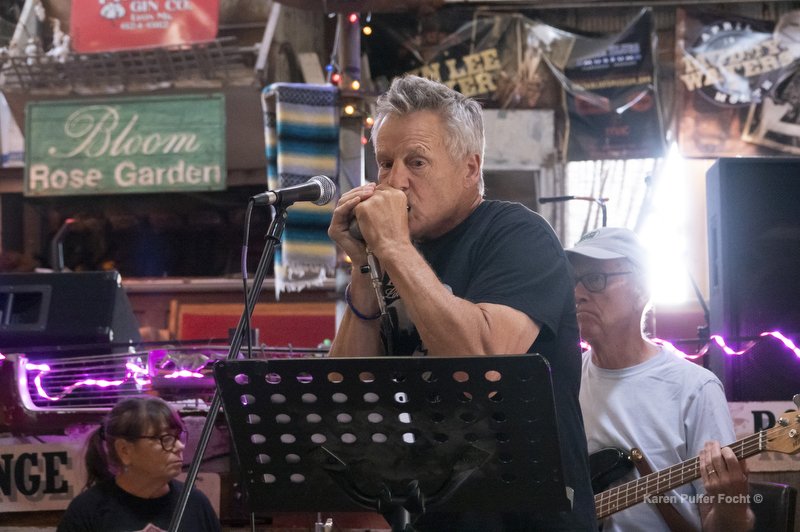
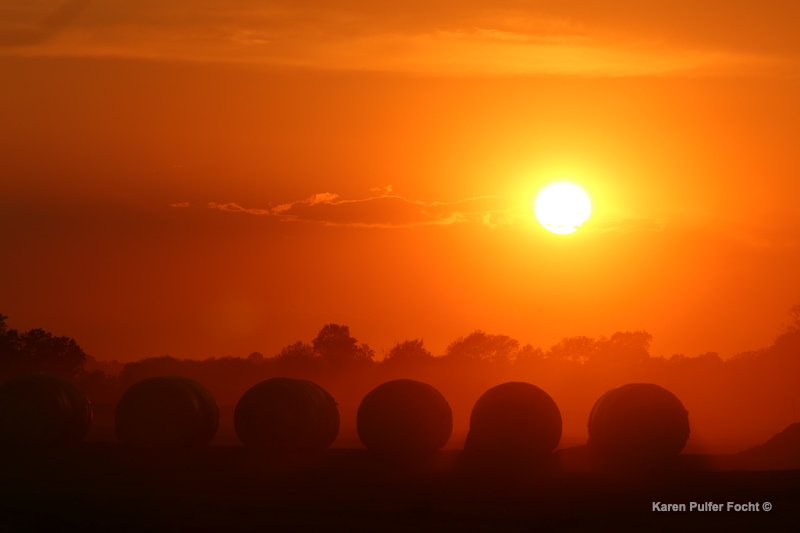

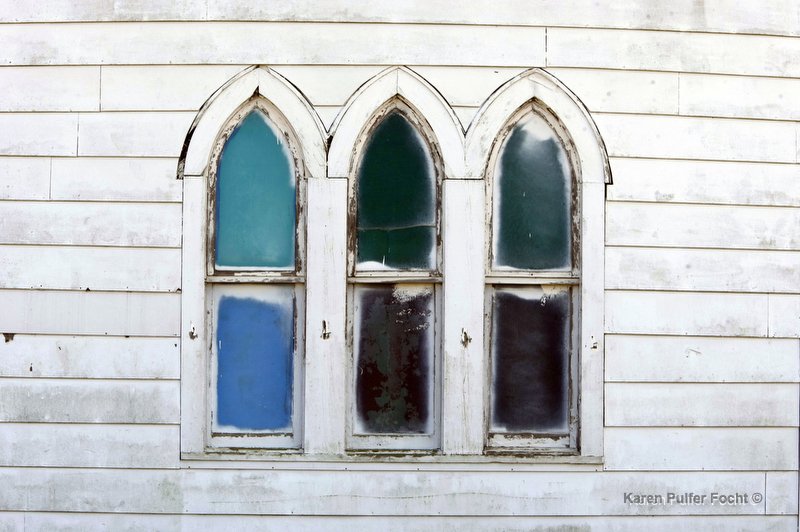

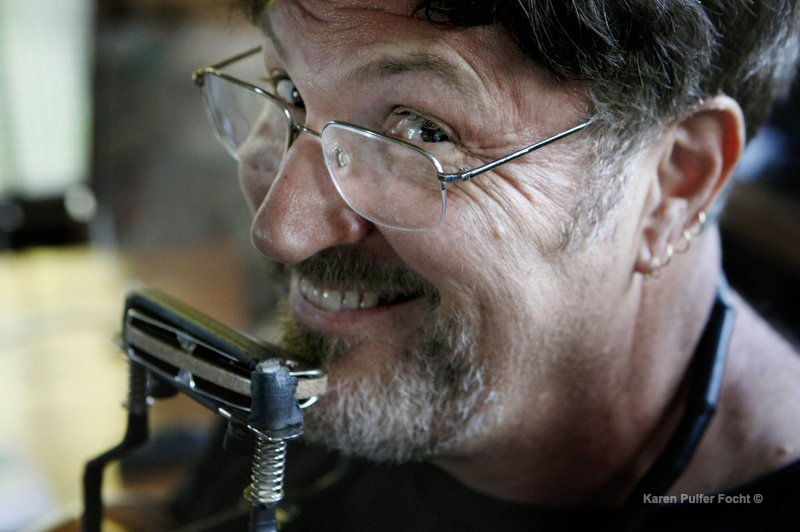
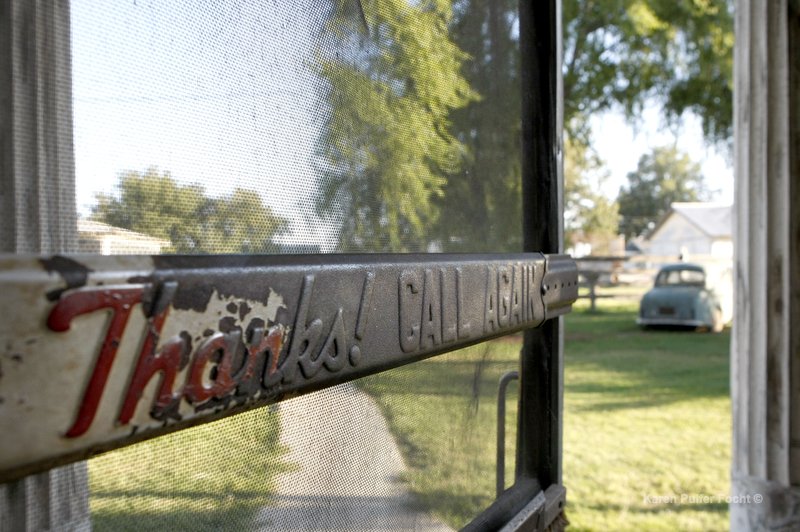
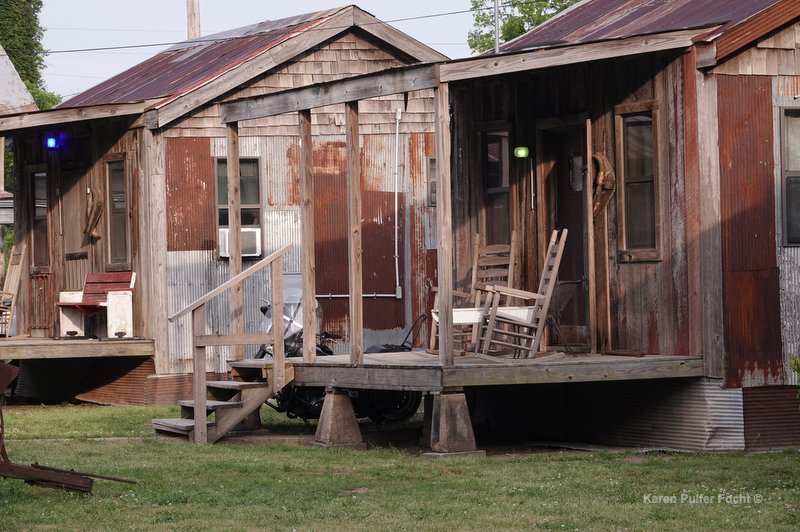
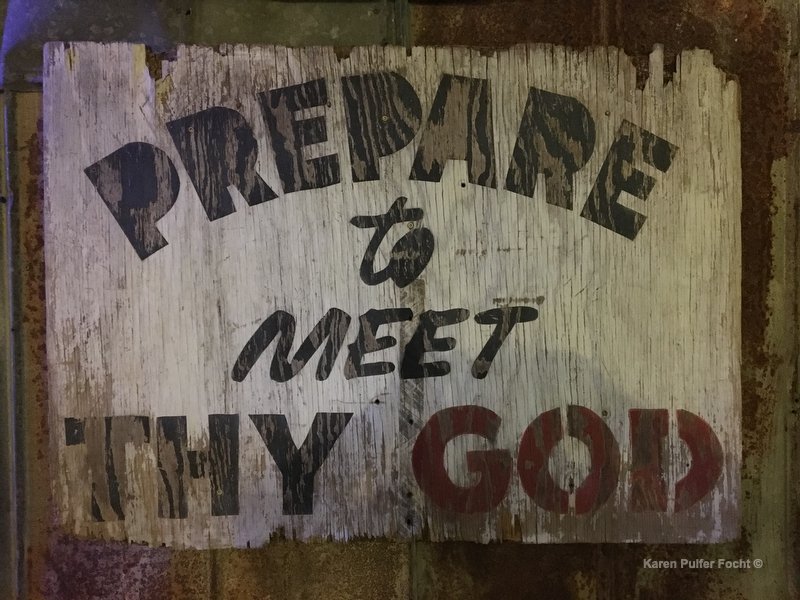
Master harmonica player Charlie Musselwhite stops by The Harmonica Experience to share his stories.
The Harmonica Experience
The morning light streams into the Juke Joint Chapel as pilgrims take their
seats. Each one has traveled a good distance, hoping to gain some insight
and inspiration unique to the Mississippi Delta.
They’ve settled into rustic sharecroppers’ shacks and are surrounded by
cotton fields in full bloom.
Some are experts already, others just beginners. And for one week, they will
come together to learn how to play blues harmonica at The Harmonica
Experience in Clarksdale.
“Playing harmonica has brought me so much joy in my life and being able
to share that joy with others is priceless” says Cheryl Arena, a master
harmonica player and teacher from Boston. “But what better way to teach
folks how to play harp than down in the Delta… The Birthplace of the Blues,
where the musical vibe is as thick as the mud in the Mississippi River.”
Arena runs the workshop with a few other coaches, all professional
musicians from around the country. Each day, she expects participants to
attend group classes that offer a variety of harmonica techniques, song
writing, singing, and jam sessions, while preparing a song for performance
at the end of the camp.
The ‘Mississippi Saxophone” as some call it, is a challenging instrument to
play. It is easy to learn but hard to master.
“They say blues is a feeling and I certainly get that feeling when I visit the
Delta,” says Kate Wakeling, who travels annually from Australia to learn
how to coax and bend notes from her harmonica while keeping a bluesy 12-
bar-beat. “Staying at the Shack Up Inn I get a sense of the history of the
Delta and what life must have been like for those who labored under the hot
sun in the cotton fields. I can channel those feelings into my harmonica
playing.”
“The Harmonica Experience camp is the most wonderful week where you
get to learn from talented musicians and hang out and play music with
people from all over the world. It’s a very special week,” she says.
Twice a year on this former southern plantation, where blues legend
Pinetop Perkins once worked on the land, aspiring musicians sit on the
porches of their cabins calling music from their hearts and souls.
In the evening, the more skilled musicians often encourage others to join
along in a spontaneous jam. Some sing better than others, some play in a
group for the first time, but they all have fun making music together with
their new friends in this special place.
The workshops take place in a region where many great blues artists lived,
worked, played music and are buried. It is hallowed ground.
Harmonica legend Charlie Musselwhite stops by the camp on occasion. He
recently moved back to Mississippi, and now lives in Clarksdale. He shares
stories about playing with harmonica greats Muddy Waters, Little Walter,
Howlin’ Wolf, and many others.
“Ultimately you want to find your own blues in you and play that.”
Musselwhite tells the students, “Get out of your head and come down to
your heart.”
The harmonica has taken Musselwhite touring around the world and even
to the White House. But there is something about the humble Mississippi
Delta that he says he feels right down to his DNA, “you just walk out your
door and there are interesting people everywhere.”
The students, who come from all over the world, get to experience home
southern cooking from Ranchero catering. In the evenings Chris Green and
Carolyn Sykes serve up fried chicken, mac-n-cheese, corn bread, cobblers
and pie. And no meal would be complete without southern sweet tea.
For those that want something stronger, the bar is open. Campers can sip
some whiskey, wine or beer while jamming with the house band.
Two lines form on either side of the chapel. Students, some wearing
fedoras, Hawaiian shirts or sunglasses, all try and find their groove as they
jump in and play a sequence of riffs to a shuffle or slow blues being played
by the house band. They engage their imagination, their diaphragm, their
breath as they improvise, putting into practice the musical phrasing and
articulation they have been learning about all week.
Some frantically run their lips up and down the harmonica with excitement,
others pause and allow a cool and layback space between notes to
punctuate the sound they are going for.
Ralph Carter, an accomplished songwriter, composer and producer, teaches
students song writing during the camp. He also holds an independent
songwriting camp at the shacks.
Sitting in the Robert Clay shack, Carter asks students, many of whom never
really thought about writing a song, “what gives you the blues?” He
encourages them to make observations, think about rhymes, look for a
melody in what they are saying. He teaches song structure.
“The songwriter’s job is to help understand our life’s experience by
providing perspective, context and sometimes just the plain comfort of
sharing.” He encourages them, convincing them that each has a song inside
of them. “Music, songs, connect us to our humanity in a magically direct
way. They go directly to the heart.”
Not all players have to play or write blues, but for those who want to, he
says “The blues hangs heavy in the air in the Delta. There is something that
still feels raw here, exposed and vulnerable. The fact that the Blues and it’s
offspring are still going strong today, tells you something about the
enduring power of songs.”
By Karen Pulfer Focht © 2024


